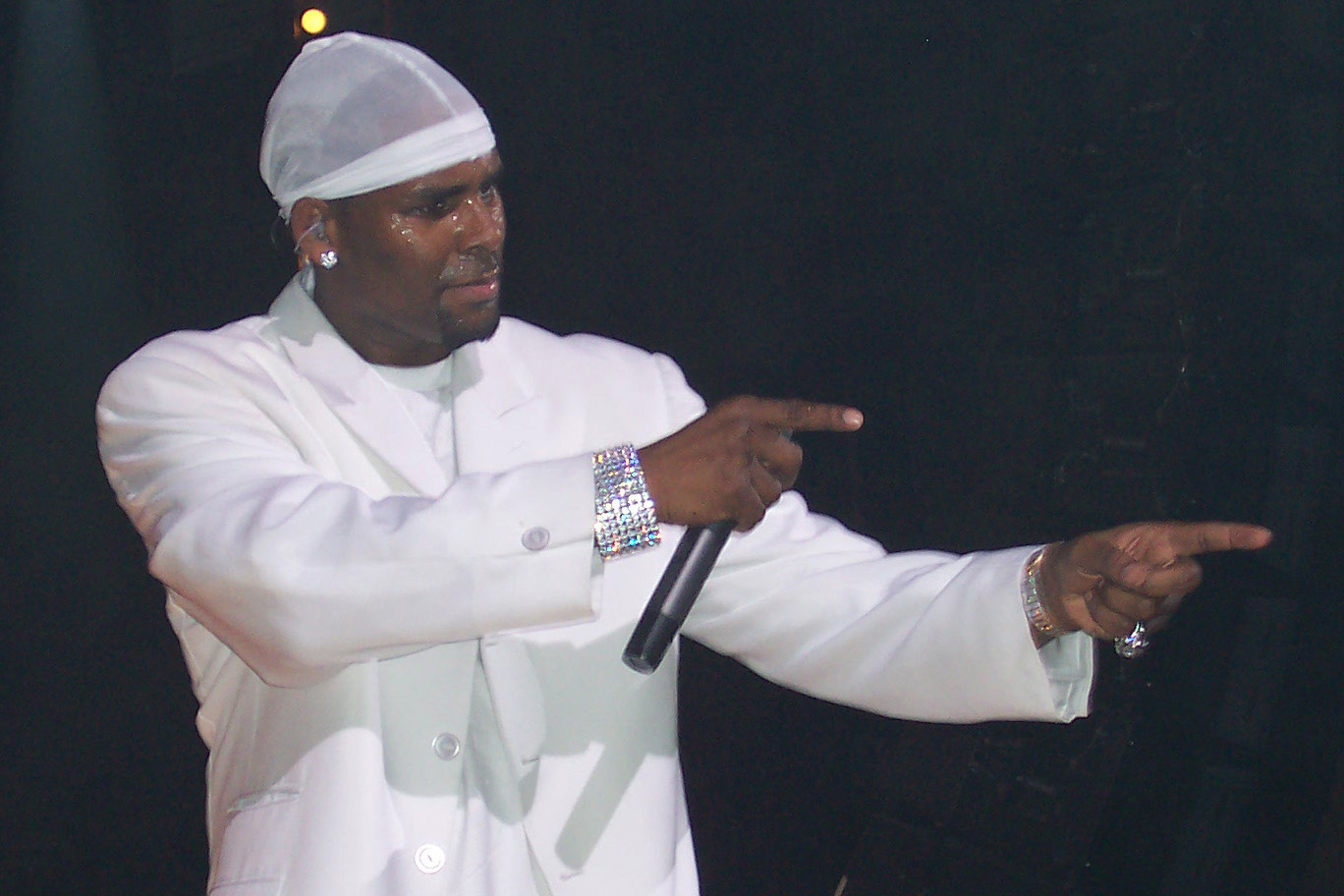‘Surviving R. Kelly’ sparks Twitter debate about separating artists from their art


Rumours of R&B singer R. Kelly’s sexual abuse, predatory behaviour and pedophilia scandals have accompanied him for most of his career, but on Jan. 3, 2019, the first episode of Surviving R. Kelly aired on LifeTime TV.
A total of six episodes have been released, which include testimonies by his past victims and survivors, former members of his inner circle and well-known celebrity figures, including Wendy Williams and John Legend.
The allegations against R. Kelly are extensive.
Some of the more prolific ones include his relationship with deceased singer Aaliyah, whom he met when she was just 12 and then illegally married when she was 15 and he was 27 in 1994.
Other allegations include his sex tape scandal where he is filmed urinating on an underaged girl, which was made public in 2002.
Further, he has been accused of abusing women in a sex cult, where the women are forbidden from outside contact.
These “allegations” and “accusations” are classed as such because he has not been convicted of anything to this day, but the documentary shows extensive footage and proof of his sexual abuse and pedophilia.
In reference to those who ask how R. Kelly’s abuse had gone unnoticed for so long, cofounder of HoodFeminism, Mikki Kendall, said it best. “We all noticed, [but] nobody cared because we were black girls.”
Altogether, he has had around 25 years worth of sexual misconduct allegations against him with little repercussions.
In an interview with GQ in 2016, R. Kelly admitted to being sexually pursued and abused from the ages of 7-14 by an older family member.
Surviving R. Kelly goes into further details, as some of his siblings testified for his claims, saying they were abused as well.
In the first episode of the documentary, clinical psychologist Dr. Candice Norcott said that when a child is sexually abused, it “confuses power and control with sex.”
This in some ways explains, but doesn’t justify, R. Kelly’s own abuse of power against underaged girls.
Dr. Norcott also says that after being sexually abused, children might consciously or unconsciously conclude that to maintain a position of power when they are older, they need to become an abuser themselves.
On Twitter, viewers have taken to the hashtag, #SurvivingRKelly to discuss the subject matter.
I’ve seen one tweet, among others similar to it, saying that the same people defending R. Kelly’s identity, even after the allegations, are the same people that are defending their sexually abusive family members and failing to protect their own children from similar situations.
Within the first episode of the documentary, R. Kelly’s younger brother Carey Kelly bravely explained that he was also sexually abused by a family member as a child, and was afraid to tell anyone about it because he feared he would not be believed.
Using this documentary as an example, it could be stated that pedophilia and child sexual abuse are proliferated by people who either fail to acknowledge its harmful impact or people who are abusers, or protecting abusers, themselves.
This proliferation is the reason that so many victims are afraid to tell anyone of their trauma.
When abusers are supported more than their victims are, it reinforces the power imbalance even further.
In cases like these, it’s pretty common for people to claim that they are able to “separate the art from the artist.”
I highly disagree with this notion, and find it hard to believe that anyone claiming such a thing is justified in saying so.
R. Kelly’s artistry should not be separate from him as a person. This goes for every abuser in the industry as well.
Some songs from his 1993 album, 12 Play, detail lyrics of him disregarding the age of the women — or more appropriately, young girls — that he is trying to bed.
Separating his art from his character in this case would be equal to disregarding the outright admittance of his misconduct. An abuser’s actions should not be excused just because you enjoy their work.
Interestingly enough, R. Kelly’s music streams and sales have increased since the documentary first aired.
The documentary has also sparked a conversation about the ways in which the lives of young black girls are devalued, as most of the survivors and testifiers who came out against R. Kelly were either women or black.
It’s not that his victims have stayed silent all these years, because they haven’t. R. Kelly has been tried and acquitted several times, despite the overwhelming evidence against him.
It’s just that the voices of his victims have been disregarded this entire time.
In reference to those who ask how R. Kelly’s abuse had gone unnoticed for so long, cofounder of HoodFeminism, Mikki Kendall, said it best. “We all noticed, [but] nobody cared because we were black girls.”
If people are still able to listen to and enjoy R. Kelly’s music in spite of his proven abuse, I just have to wonder why people find it so hard, or trivial, to listen to these girls who have bravely come out against their abuser.


